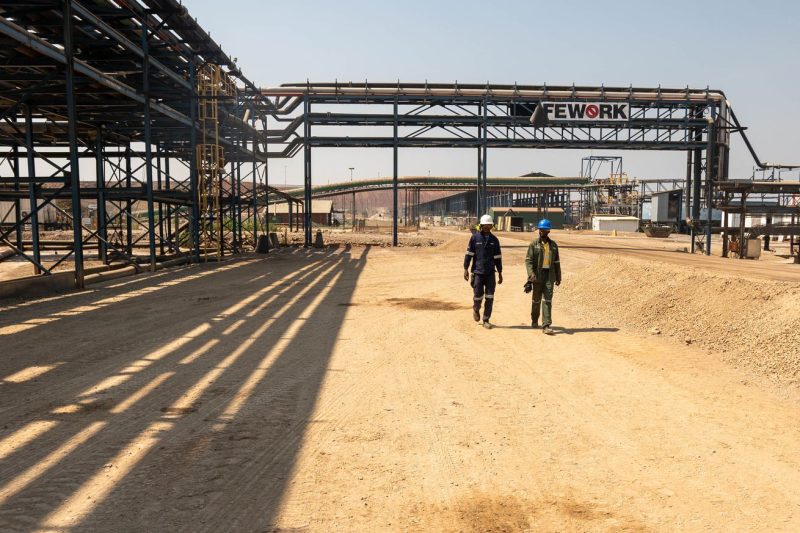The electric vehicle (EV) industry is often praised for its potential to reduce carbon emissions and combat climate change. However, beneath the surface of this seemingly green movement lies a troubling issue that the industry has yet to fully address – human rights abuses in the supply chain.
One of the key components in EV production is the lithium-ion battery, which requires minerals such as lithium, cobalt, and nickel. These minerals are predominantly sourced from countries like China, the Democratic Republic of the Congo, and Indonesia, where labor rights are often overlooked, leading to exploitation of workers, child labor, and hazardous working conditions.
In the Congo, for example, where a significant portion of the world’s cobalt is mined, reports indicate that children as young as six are working in mines, risking their lives to extract the valuable mineral. These children are exposed to hazardous conditions without proper safety equipment, putting their health and well-being at risk.
Furthermore, the environmental impact of mining these minerals is also significant. Deforestation, water pollution, and displacement of communities are just some of the consequences of unchecked mineral extraction practices. These activities not only harm the local ecosystems but also threaten the livelihoods of indigenous communities who depend on these lands for their survival.
Despite growing awareness of these issues, the EV industry has been slow to take concrete action to address human rights abuses in its supply chain. Companies often rely on third-party suppliers to source minerals without proper oversight, allowing for these violations to persist unchecked.
Consumers play a crucial role in holding companies accountable for their ethical practices. By demanding transparency and accountability from EV manufacturers, consumers can push the industry towards more sustainable and ethical sourcing practices. Additionally, regulators and governments need to enforce stricter regulations on supply chain transparency and human rights due diligence to ensure that companies are held accountable for any violations.
Ultimately, the transition to a greener and more sustainable future cannot come at the expense of human rights and environmental degradation. The EV industry must prioritize ethical sourcing practices and commit to upholding human rights standards throughout its supply chain. Only through collective action and accountability can the industry truly shake off its human rights abuse problem and pave the way for a more ethical and sustainable future.

